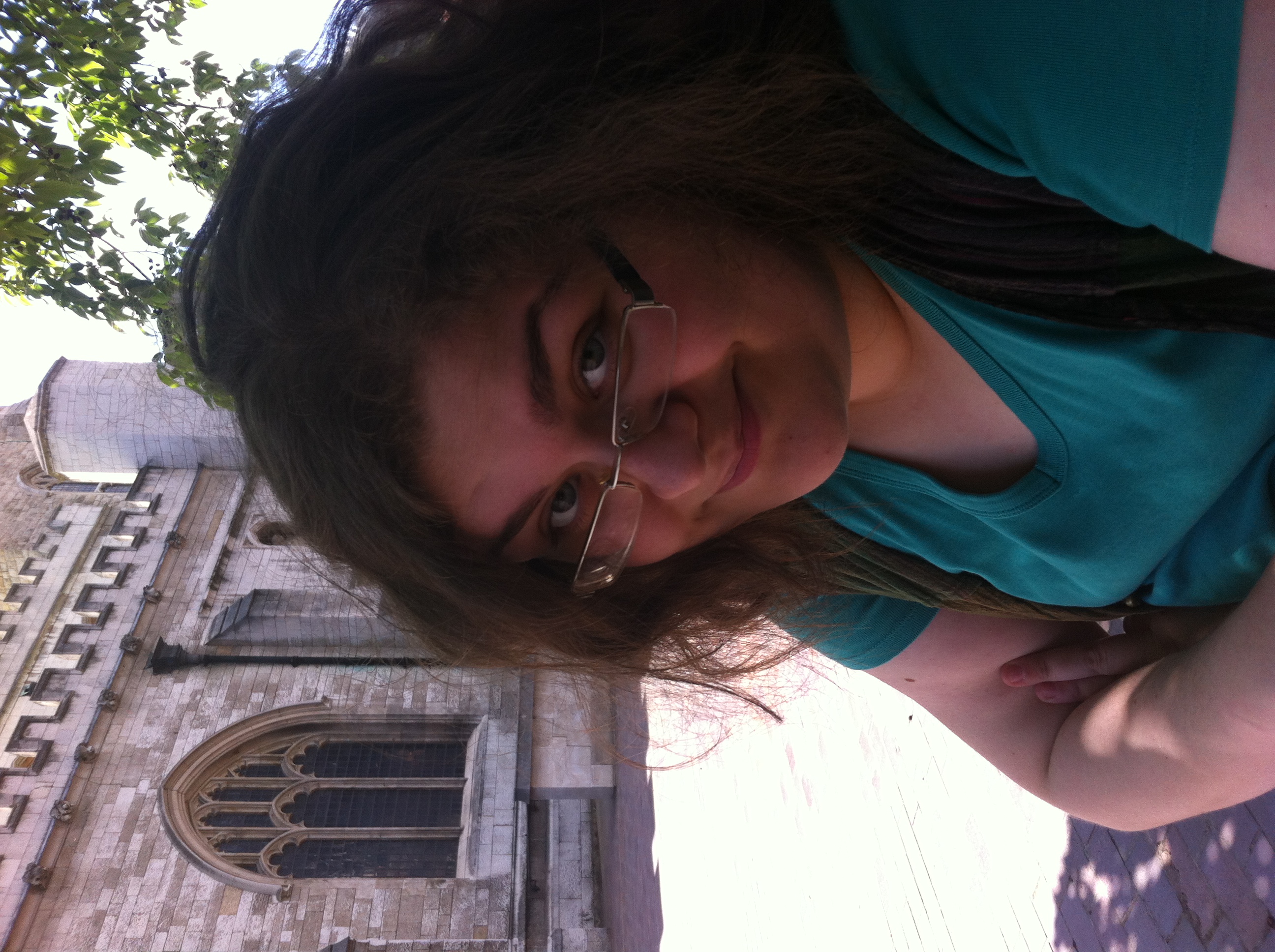As I rolled up my sleeve, ready to receive my long-awaited Covid vaccination, I had a flashback.
At 14 years old, I'd gone for a hospital check-up. To my horror, they told me I needed a blood test and they were going to do it on the spot.
I don't remember how or when my phobia of needles first started - I only know that seeing a needle - any needle - terrified me. I visualised the pain, the sharp incisive point of the needle, the trickle of blood that would follow. At 14, I had a panic attack in the hospital.
The nurse offered me some anaesthetic cream to reduce the pain but it didn't do anything to shake off the instantaneous fear that I felt. In desperation, they brought in a child play specialist from the next room. She pulled out a picture-book for three-year-olds and told me to read from it whilst the nurse took my blood. I was crying and shaking as I read from it. I was too afraid to feel embarrassed. "Don't look at the needle when it goes in," said the nurse as she slipped a tight, constricting band around my arm.
They managed to take my blood in the end but I left feeling so ashamed, so humiliated. Humiliated because I'd had to be treated like a toddler - a demeaning feeling for any adult, let alone a 14 year old - and ashamed. Ashamed for causing a scene, ashamed for taking medical staff away from people who really needed them - and ashamed for not pulling myself together like an adult.
For weeks afterward, the humiliation and embarrassment of it came back to me in the form of intrusive thoughts and flashbacks. It caused me to physically flinch when thinking about it. Worst of all, I was too ashamed to tell anyone how I was feeling.
After almost a year of replaying this incident again and again to myself, I was called for another blood test. This time, I told myself, this time I am not going to wail like a three-year-old.
I sat and wrote down everything that I was feeling. I recorded all the sensations in my body - the tightness in the chest, the strange bloated feeling in my stomach. Then I tried to break down exactly what it was about having a needle put in me that I'd found so excruciating. I found so many things had contributed to my feelings of panic: the tight band around my arm, the long waiting time where I'd anticipate all the pain I was about to feel. The noisy and crowded waiting area, where the screams and shouts of children put me on edge. The shock value when the needle pinched my skin.
When I went for my blood test, this time I actively listened to my own thoughts. I accepted my feelings of fear and honoured them. Instead of ignoring or feeling shame at them, I would address them, just like I'd take a painkiller for a headache.
I told the nurse that I was nervous around needles. I listened to calming music in the waiting area. When the nurse brought out the needle, I made a point of watching to see when the needle went in.
It hurt - but nowhere near as much as it had hurt in the past. Finally I understood what people were talking about when they said it was 'just a quick pinch - nothing at all.'
Getting my Covid-19 vaccine recently reminded me of how far I've come. Twelve years on, the thought of having a jab raises absolutely no fear in me at all. It's a wonderful feeling.
But a huge number of people still live with needle phobia. Perhaps you're one of them. Perhaps you're putting off getting your vaccine because of it. Or maybe you've booked your appointment but the thought of going fills you with dread.
Right now, we are all living with fear - for our health, for our loved ones, for our livelihoods - and we're learning to cope with it. We're talking about it and we're working through it. If you're living with a fear of needles - or any other fear - don't wait around like I did, hoping that you'll eventually put the pieces together and figure out a way through. Talk about it - share your fears with others. Consider some cognitive behavioural therapy CBT - which is brilliant for helping with phobias - or other kinds of talking therapy. Right now, everyone can think of something they're afraid of. There has never been a better time to face your fears - and you won't have to do it alone.
**Naomi Farhi is a student of psychology based in South East London
**

